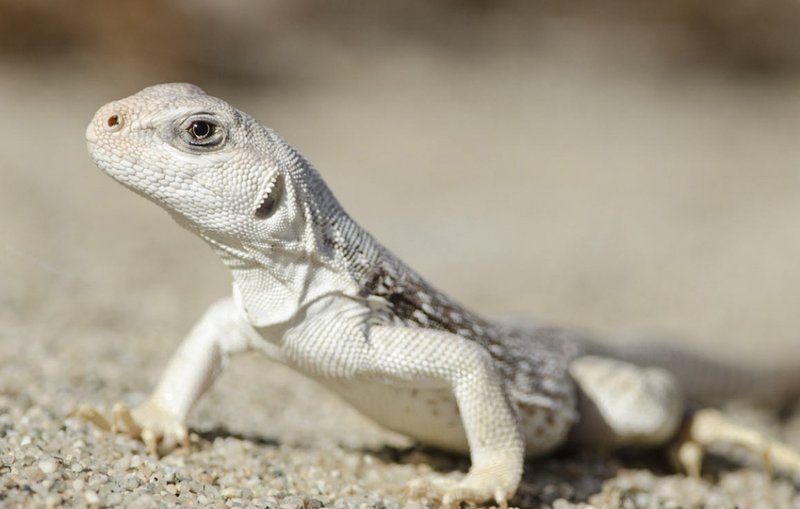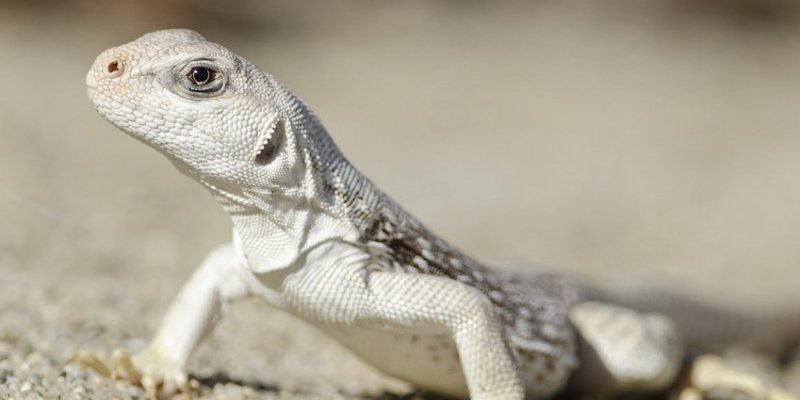
Imagine your desert iguana lounging on a warm rock, basking in the sun. They’re not just cold-blooded creatures; they have personalities and behaviors that can surprise you. While they might not greet you at the door like a dog, they can show signs of recognition. So, let’s explore whether these lizards can truly “know” their owners and what that means for your relationship with them.
Understanding Desert Iguanas
Desert iguanas, scientifically known as *Dipsosaurus dorsalis*, are native to the southwestern United States and parts of Mexico. They thrive in arid environments, where they scuttle around, seeking warmth and food. These reptiles are primarily herbivorous, munching on leaves, flowers, and fruits. But beyond their diet and habitat, their behavior is what makes them intriguing as pets.
You might think of iguanas as solitary creatures, but they can display a range of social behaviors. They often engage in basking together or even engaging in minor displays of territory. When you bring a desert iguana into your home, you create a new environment for them, and with that comes the potential for developing a bond.
Are desert iguanas just surviving, or can they actually thrive in this human-made setting? Their ability to adapt plays a significant role in how they perceive their surroundings, including the humans they interact with.
Can Desert Iguanas Recognize Their Owners?
So, do desert iguanas recognize their owners? Here’s the thing: Unlike dogs or cats, iguanas might not express recognition in the same way. They don’t wag their tails or leap with joy when you walk in the room. Instead, their recognition often shows through their behavior changes.
Many owners report that their iguanas exhibit signs of familiarity when they see them after some time apart. For instance, if you consistently feed your iguana or handle it regularly, it may begin to associate you with food or positive experiences. This can lead to less stress for the iguana and can make handling more manageable.
Some studies suggest that reptiles can recognize shapes and colors and even have memories tied to their experiences. While they may not “know” you in the same emotional depth as a dog would, they can still recognize you as a provider of food and safety.
Building Trust and Recognition
If you want to enhance the bond with your desert iguana, building trust is key. Here are a few simple strategies that can help:
- Consistency is Crucial: Regular feeding times and gentle handling help your iguana understand that you’re a reliable source of care.
- Gentle Handling: When you pick up your iguana, do so calmly and give it time to adjust to your presence. Avoid sudden movements that might startle them.
- Familiar Environment: Ensure their habitat is comfortable and familiar. A happy iguana is more likely to feel secure around you.
By following these steps, you can create an atmosphere where your iguana may feel more at ease and perhaps begin to recognize you as an important part of their life.
Signs Your Iguana Might Recognize You
Recognizing your iguana’s behaviors can help you understand their level of comfort and familiarity with you. Here are some signs that might indicate that your iguana recognizes its owner:
- Increased Activity: If your iguana becomes more active or curious when you enter the room, it might be a sign of recognition.
- Eating in Your Presence: If your iguana starts eating or exploring when you’re nearby, it shows trust.
- Reduced Hiding: If your iguana used to hide when you approached but now stays visible, it’s likely more comfortable around you.
These signs can be subtle, so pay close attention to your iguana’s responses. Each interaction is an opportunity to strengthen your bond, and over time, you may notice even greater signs of recognition.
The Role of Environment in Recognition
The environment plays a significant role in how desert iguanas perceive their owners. If they feel safe and secure in their habitat, they’re more likely to exhibit signs of recognition. Consider these environmental factors:
- Temperature: Ensure your iguana has a proper temperature gradient in its tank, allowing it to regulate its body temperature effectively.
- Space: Providing enough space for your iguana to roam will help reduce stress and encourage exploration.
- Hiding Spots: Offering hiding spots can make your iguana feel more secure, ultimately leading to more opportunities for interaction with you.
By optimizing their environment, you’re setting the stage for your iguana to feel more comfortable and, in turn, more likely to recognize you as a friendly presence.
Desert iguanas may not show affection in the same dramatic ways as furry pets, but they can recognize their owners and form bonds based on trust and positive experiences. By being kind, patient, and consistent in your interactions, you can foster a unique relationship with your iguana that goes beyond just being a pet.
As you nurture this bond, remember that patience is key. Each iguana is unique, and their level of recognition will vary. If you approach your relationship with them as you would any friendship—filled with understanding and care—you’ll likely find that your desert iguana is more attuned to you than you might have thought. Embrace the quirks of your lizard buddy, and enjoy the journey of companionship.

